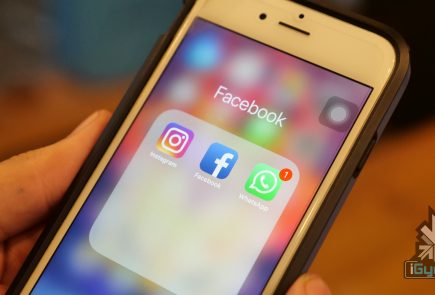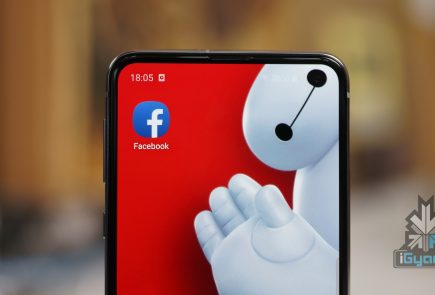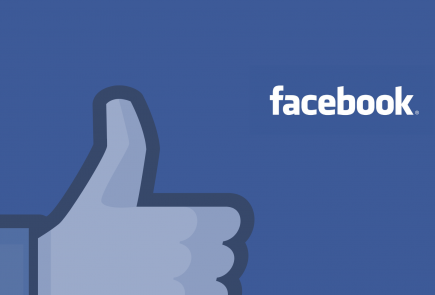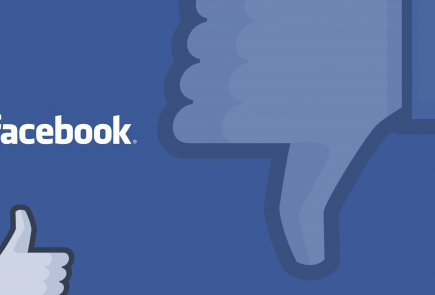Here’s How Your Facebook Likes Can Make You Lose Your Next Job
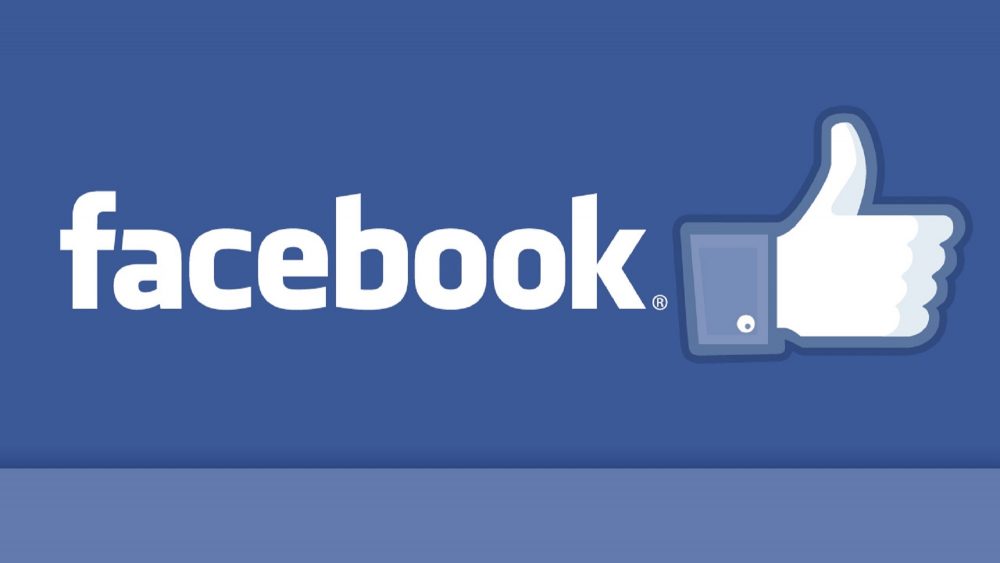
Social media has taken over our daily lives; we all now live a second life as a digital creature. We control this side of our lives with regular updates, images and interests. With the proliferation of these accounts, employers are finding it a lot easier to screen their potential employees. But a research paper claims that using computer assessment models, employers can find exactly who they are looking for and they claim it is better than human judgement.
The paper is published in Proceedings of the National Academy of Sciences and is presented by Wu Youyou, Michal Kosinski and David Stillwell. They used a computer model to judge a person’s personality based on their Facebook likes. They claim that the results are even better than a human assessment of personalities.
Many companies have taken the social media route to find the suitable candidate for the job. Some have even shown the audacity to ask for social media passwords. The researchers claim that their ‘likes’ based model can be used as a recruitment tool that will be almost like a dating website. Here the employers can immediately be given options of potential employees based on the job requirement and personality models.
There are, of course, severe privacy concerns. The model uses the activities of the users who don’t put a lot of thought before hitting the like button. It is true that our service providers and companies alike store information of the websites visited by you, but it doesn’t effect your chances at a new job, at present. Who is to say that your various online activities won’t be used against you during a future job interview.
All of these leads to the question, how do I prevent my innocent ‘Like’ on Facebook from influencing my next job search? Well, the answer cannot be to ‘think before liking something on social media’, because that will take all the fun out of your life. That will turn us into a paranoid bunch who’ll be scared to voice our opinion. The control in your hands is to keep your images and posts in a private setting. Also only add ‘friends’ on social networks whom you know in real life, it’s not a race to see who can get more people to click a button on their profile. If you share your innermost thoughts and pictures on social media, it’s a good idea to keep them away from random ‘friends’.
As our dependence on the internet increases, our digital footprint is bound to get more visible. Marketing companies, search engines and government institutions will store more of the personal data. And it will stay there till eternity. So in the end, one way, to react to this issue, is being extremely paranoid and monitor each and all your online activity. While the easier thing to do, is just to make your peace with it and live on doing whatever you do. You may actually be better off than working at a company that judges you based on random online likes before meeting you.
















